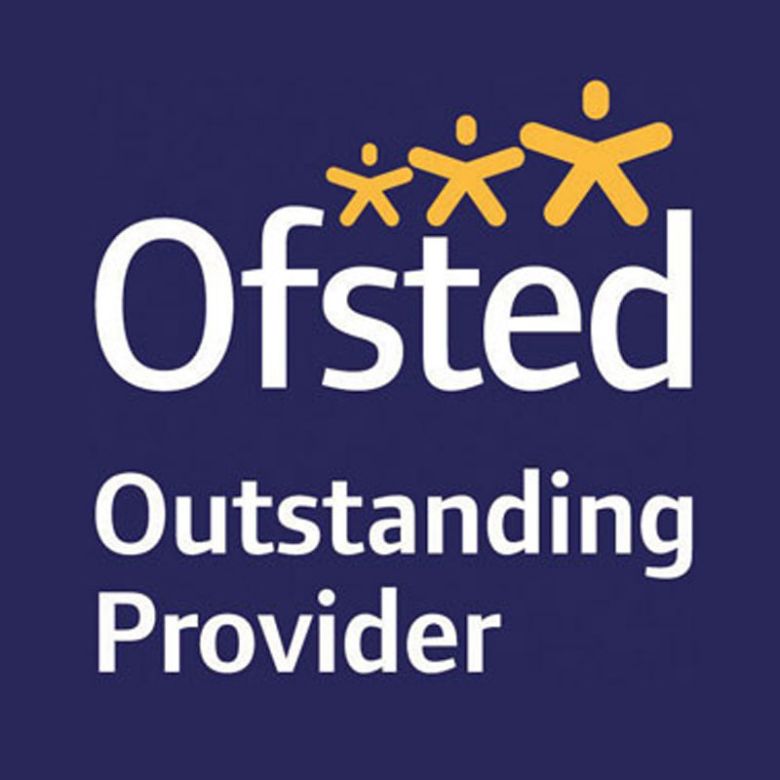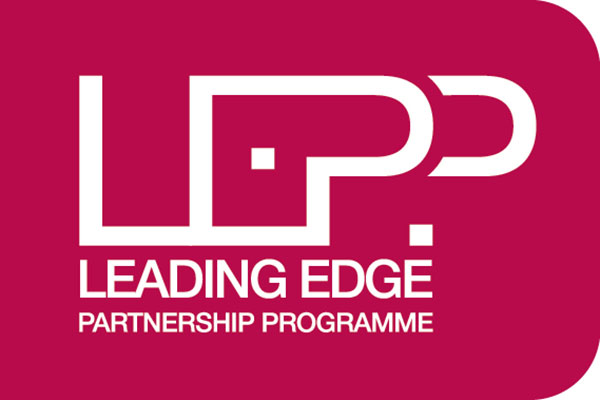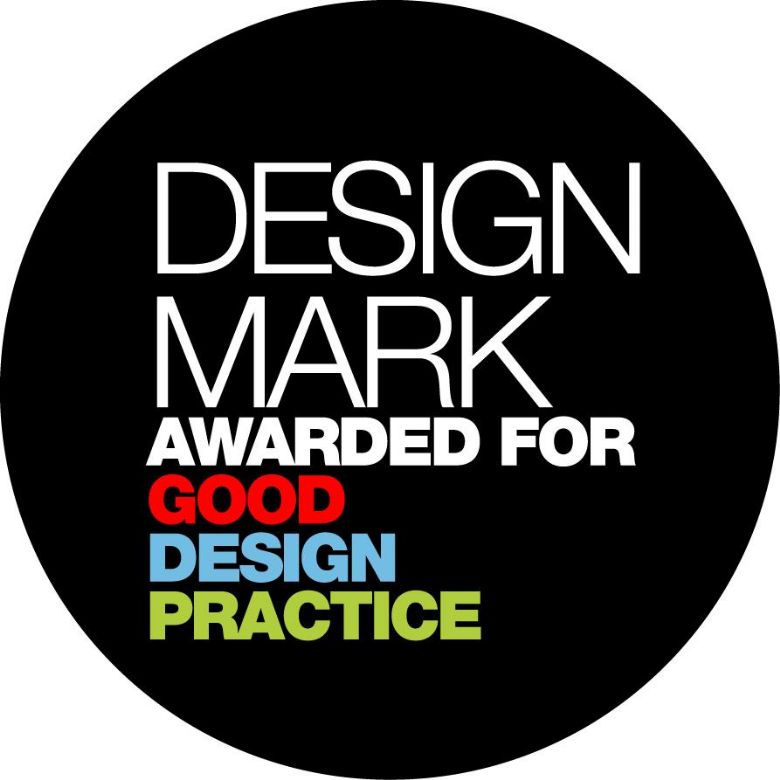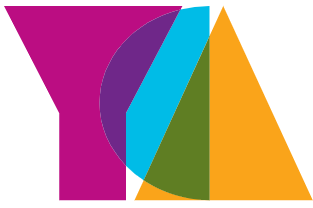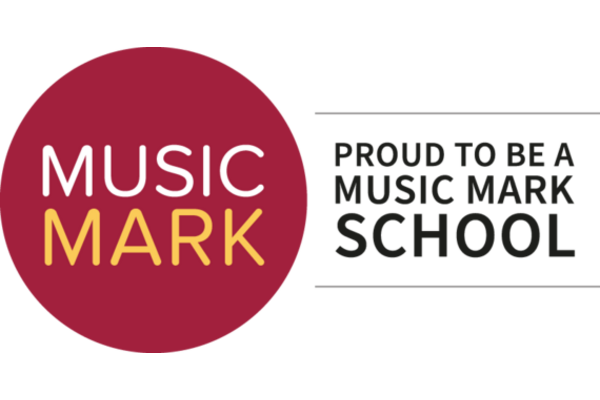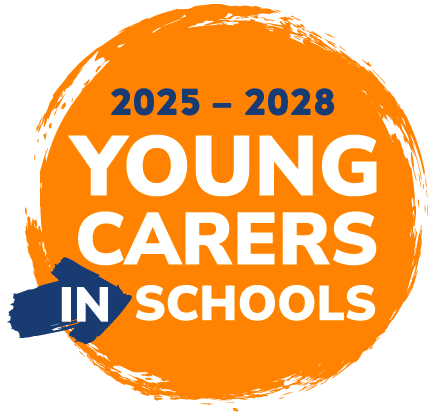- Home
- Curriculum
- Art, Design and Technology
- Design and Technology
- OCR Cambridge National Engineering Manufacture
OCR Cambridge National Engineering Manufacture
What is Engineering Manufacture?
Engineering Manufacture focuses on how products are designed, planned and made in the real world. From everyday items to complex engineered components, manufacturing plays a vital role in modern industry.
The OCR Cambridge National in Engineering Manufacture is a Level 1/Level 2 vocational qualification, equivalent to a GCSE. It is designed for students who enjoy practical learning, problem-solving and understanding how things work. The course combines theory and workshop skills, preparing students for further study or employment in engineering and technical careers.
What will I be doing?
Students will learn by working in workshop and classroom environments that reflect real engineering practice. Activities include:
- Making engineered products using hand tools, machines and computer-controlled equipment
- Learning how materials are selected and processed.
- Planning and producing one-off and batch-manufactured components.
- Using CAD (Computer-Aided Design) and understanding CAM (Computer-Aided Manufacture)
- Following engineering drawings and specifications
- Applying health and safety and quality control procedures
- Developing confidence through practical coursework projects and an external exam
- Documenting your findings through written coursework.
This balance of practical coursework (60%) and exam assessment (40%) suits students who prefer applied learning alongside theory.
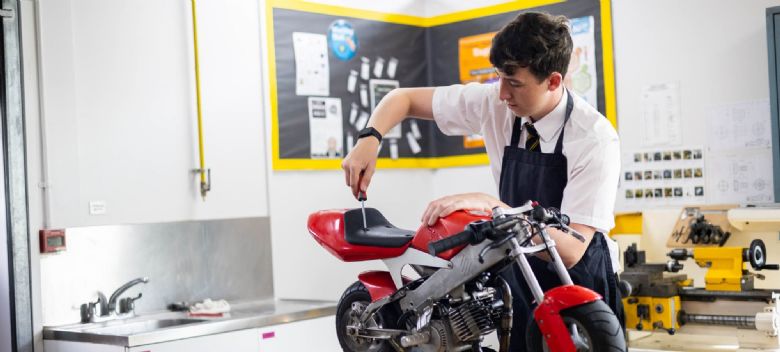
Unit Overview
You will study the key aspects of engineering manufacture and have the opportunity to apply what you learn through a number of practical experiences. This will involve you studying three mandatory units:
R014: Principles of Engineering Manufacture
This is assessed by an exam.
In this unit you will learn about the different types of manufacturing processes, and the different materials that can be used within manufacturing. Topics include:
- Manufacturing processes
- Engineering materials
- Manufacturing requirements
- Developments in engineering manufacture
R015: Manufacturing a one-off product
This is assessed by a set assignment.
In this unit you will learn how to safely plan and produce a one-off product by using appropriate processes, tools and equipment.
Topics include:
- Planning the production of a one-off product
- Measuring and marking out
- Safely use processes, tools and equipment to make a product.
- Documenting your work with the use of ICT.
R016: Manufacturing in Quantity
This is assessed by a set assignment.
In this unit you will learn how to manufacture using simple jigs and templates to support manufacturing in volume using Computer Aided Design (CAD) software and Computer Numerical Control (CNC) equipment. Topics include:
- Preparing for manufacture
- Develop programmes to operate CNC equipment
- Safely use processes and equipment to make products in quantity.
- Documenting your work with the use of ICT.
Why Choose Engineering Manufacture?
This course is ideal for students who:
- Enjoy a practical element to a course.
- Like solving real-world problems
- Are interested in engineering, design or technology.
- Want a qualification that links directly to future careers.
- Engineering Manufacture builds confidence, skills and real-world experience — making it an excellent choice for students looking to shape their future.
Transferable Skills
The course develops a wide range of skills valued by employers and further education providers, including:
- Problem-solving and logical thinking.
- Practical and technical competence.
- Planning, organisation and time management.
- Accuracy, attention to detail and quality control.
- Teamwork and independent working.
- Communication using technical language and drawings.
- Digital skills, including CAD software
- These skills are useful across many subjects and careers, not just engineering.
Routes to Employment and Post-16 Courses
This qualification provides an excellent foundation for a range of post-16 pathways, including:
Post 16 Courses
This may be Level 3 vocational qualifications, such as:
- Level 3 Cambridge Technical in Engineering.
- A-Levels, such as A-Level Design and Technology. This course is taught at Fernwood School through Bilborough College
- Progression onto various workshop-based T Levels
Employment & Training
- Engineering or manufacturing apprenticeships
- Traineeships in technical and industrial sectors
- Entry-level roles in engineering workshops or production environments
The course is designed to support smooth progression into further education or the workplace.
Possible Career Paths
Engineering Manufacture can lead to a wide variety of careers, such as:
- Mechanical or Manufacturing Engineer
- CNC Machinist or Technician
- Engineering Technician
- Product or Industrial Designer
- Toolmaker or Fabrication Specialist
- Maintenance Engineer
- Engineering Apprentice
Engineering skills are in high demand, offering strong long-term career prospects.
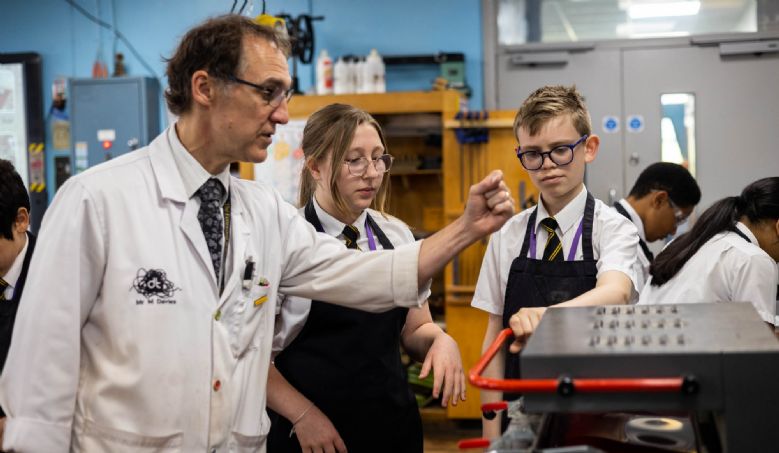
FAQs
How much practical work will I do?
Wherever possible, we will try and use practical work to develop your knowledge and understanding of engineering. However, only 22% of the marks available for the NEA are allocated to practical work. Therefore, there will be a lot of theory work, including writing up planning, evidencing and report writing for the NEA.
do i have to do any drawing?
No. There is no design work in this qualification. You will have to be able to ‘read and understand’ an orthographic drawing (you will be taught this) however you will not have to draw one.
i liked the dt subjects at ks3 but don't know whether to opt for product design or engineering manufacture
If you liked being creative, drawing and designing things that you then make, you would probably be better off opting for Product Design. If you think that you want a career in some form of engineering or are more technically minded, Engineering Manufacture might suit you more. There is no designing or creative aspect to Engineering Manufacture.
what could i do after this course?
Locally, Nottingham College offer level 3 qualifications in Engineering (BTEC) and Engineering Technologies (Vocational Related Qualification). There are apprenticeships available with some companies in the region. Nowhere locally offers an A level in engineering and looking to the future, you should be mindful of the fact that any most university degree course in engineering require A level maths as an entry requirement.

